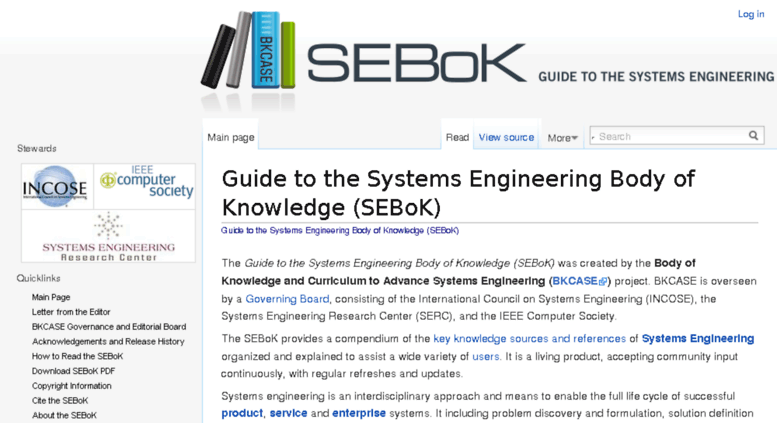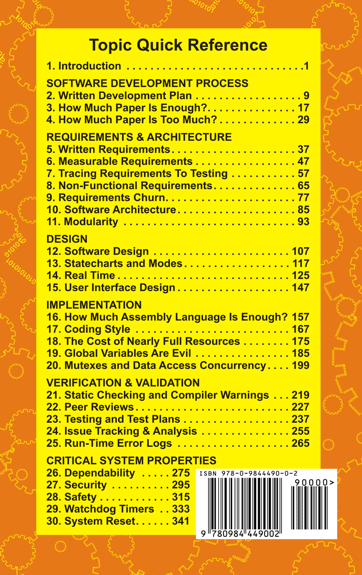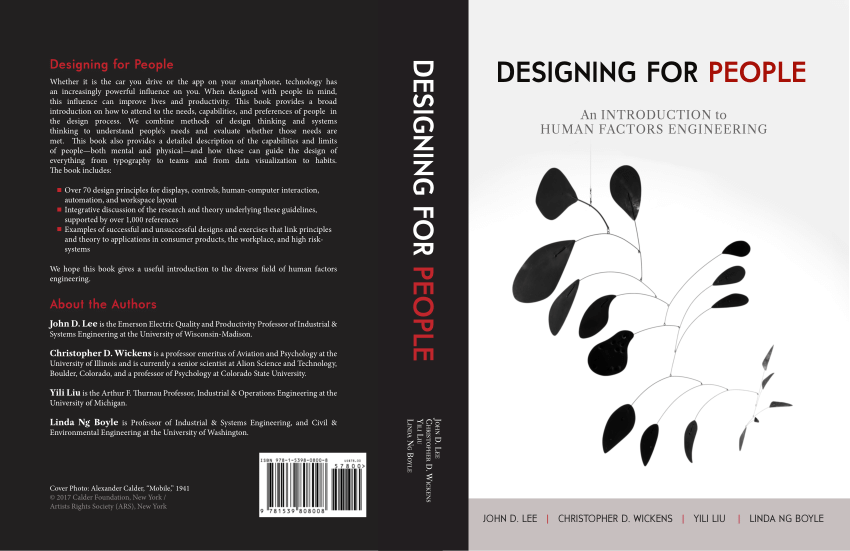Autonomous Systems Engineering
Graduate course, Duke University, Pratt School of Engineering, 2020
ME 555 / ECE 590 / EGRMGMT 590: Autonomous Systems Engineering is for ambitious junior, senior, masters, and PhD students in mechanical engineering, electrical / computer engineering, and engineering management. This course fosters an inclusive and accessible learning environment. Students learn how to design and manage real-world operations in industries that integrate robotics and artificial intelligence in human-machine systems. Lessons include work with industry client, guest lectures, case studies, paired problem solving, and test & evaluation plans.
Objectives
Understand how the fundamental components of an autonomous system (physical system, perception and sensing, planning and control) contribute to an integrated system.
Understand how fundamental concepts from fields such as machine learning, artificial intelligence, and human robot interaction relate to autonomous systems engineering.
Apply systems engineering tools (e.g., stakeholder identification, requirements development, robust design principles) to realistic systems.
Identify areas that could be served by modeling and simulation, and identify the associated benefits and limitations.
Identify strengths and weaknesses in the design of different autonomous systems.
Develop and review a test and evaluation plan for an autonomous system.
Understand the social, legal, and policy challenges associated with the design and introduction of autonomous systems.
Assessment
Student learning is assessed based on preparation, participation, and presentation in class.
Class participation: 10%
Case Study presentation: 10%
Midterm: 20%
Project: 40%
Project evaluation: 20%
Assignments
Class participation is the student’s combined effort in being prepared (completing readings and activities prior to each class period), asking questions, and sharing your own reflections. Assessed over the course of the semester.
By the end of the semester, each student pair is expected to have presented an original case study on an autonomous system that is in research, development, deployment, operation, or retirement. It can be in any stage of the systems engineering lifecycle but there should be sufficient information in the public domain to allow each pair to research and present a critical analysis of the methods, results, directions as well as strengths and weaknesses of the autonomous system. Due during one class period this semester.
The midterm exam is a test of how well students understand the fundamental components of an autonomous system, how to apply systems engineering tools to autonomous systems, and how well students work together as pairs in communicating learning. This will be open-book, open-Internet, and students can consult with their partner. Due Wednesday, March 4, 2020.
The project is a real-world assignment from a company with a real-world problem. This is an opportunity to learn how to listen intently, ask insightful questions, develop solutions, solicit requirements, and develop a test plan to evaluate how well the design of autonomous systems meet client needs. About 75% of this work will culminate in a written report while 25% will be communicated in person through an executive summary-style presentation to the client. Due Friday, April 17, 2020.
Finally, the fun part. Each student will get to evaluate another pair’s project by writing a comprehensive and constructive analysis on their written report and presentation. Due Monday, April 27, 2020.
Materials
All texts used in class shall be accessible to students.
- How to guide to systems engineering: sebokwiki.org/wiki/SEBoK_Table_of_Contents by International Council on Systems Engineering (INCOSE), Institute of Electrical and Electronics Engineers (IEEE) Computer Society, and Stevens Institute of Technology

- How to plan for test and evaluation of autonomous systems: Better Embedded System Software by Philip Koopman (2010) available at Duke Libraries

- How to engineer systems with humans in mind: An Introduction to Human Factors Engineering by Lee, Wickens Liu, & Boyle (2017) available at Duke Libraries

Campus Resources
Students are encouraged to make the best use of being at Duke:
- Librarian, Sarah Park: guides.library.duke.edu/engr
- Presentations: pratt.duke.edu/grad/students/comms-and-intercultural-programs
- Papers: gradschool.duke.edu/professional-development/programs/writing-support
- Accommodations - formal requests due March 16, 2020: access.duke.edu/students
- Academic Resource Center for consultants, tutors, and specialists: arc.duke.edu
- Teaching Assistants and Professor
Topics
| Day | Topic |
| 0 | Introductions, Backgrounds & Methods |
| 1 | What is Systems Engineering? |
| 2 | How does Autonomy Change Systems Engineering? |
| 3 | Autonomous Systems Engineering Approaches |
| 4 | Defining the Problem with Industry Client Durham Coca-Cola Company President Hager Rand and Director of Operations Fred Anderson |
| 5 | User-Centered Design Process with Guest Lecturer from Lenovo, Senior Manager for User Experience Design, Jonnie Lee |
| 6 | Developing Concepts of Operations (CONOPS) |
| 7 | Defining Human-System Requirements |
| 8 | Verifying Human-System Requirements |
| 9 | Designing Human-System Elements |
| 10 | Verifying Design with Guest Lecturer from Duke Fuqua School of Business, Professor Emeritus of Strategy, Dr. Rich Burton |
| 11 | Implementing & Acquiring Elements |
| 12 | Verifying Implemented Elements |
| 13 | Integrating Subsystems |
| 14 | Implementing & Validating the Human-System Operation |
| 15 | Verifying Pair Project Progress [Midterm] |
| 16 | The Essential Human Element of Communication Systems with Guest Lecturer from SAS Institute, Global Industry Principal for Manufacturing, Marcia Walker |
| 17 | Systems Engineering at Scale with Guest Lecturer from Uber ATG, System Engineer, Lauren Silverstein (Pratt ‘15) |
| 18 | Analysis of Variance (ANOVA) with Guest Lecturer from Duke Statistical Science, Assistant Professor of the Practice, Dr. Maria Tackett |
| 19 | Value of Safety and Regulations in Autonomous Systems Engineering with Guest Lecturer from Boeing, Director of Regulatory Affairs for Autonomous Systems Engineering, Stella Weidner |
| 20 | Managing On-Demand Air and Ground Transport Systems with Guest Lecturer from Durham County Emergency Medical Services, System Medical Director, Dr. Anjni Joiner |
| 21 | Public Policy Implications of Unmanned Vehicles with Guest Lecturer from North Carolina Department of Transportation, Executive Director of Turnpike Authority, J.J. Eden |
| 22 | Lecture TBD by Dr. Nneji per student project needs |
| 23 | Socio-technical Considerations of Autonomous Systems with Guest Lecturer from Duke Cultural Anthropology, PhD Candidate, Derya Mentes |
| 24 | Designing Accessible Warehouse Automation Interfaces to Enable Future Workforce with Guest Lecturer from LC Industries, Head of LCI Tech, John Samuel |
| 25 | Presenting Autonomous Systems Engineering Solutions to Industry Client Durham Coca-Cola Bottling Company Director of Operations Fred Anderson [Project] (in Classroom) |
| 26 | Presenting Autonomous Systems Engineering Solutions to Industry Client Durham Coca-Cola Bottling Company President Hager Rand and Director of Operations Fred Anderson [Project] (at Company) |
